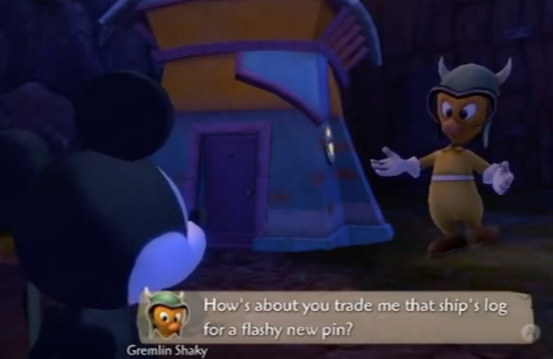Good Friday | Tenebrae 2019
I have historically (perhaps until recently) not written much out of my faith, and my (perhaps self-serving) explanation is that I value my faith so much that I am afraid to fail it with my writing. This is only more true now, this Easter, as we celebrate the life of Christ. How could I draw anything uniquely meaningful from today's message, when my experience is so wrapt in the presence and celebration itself? How can I convey my feelings about today to someone who doesn't already feel it themselves?
This year I attended our church's "Tenebrae," a "Good Friday" service that memorializes Christ's death through the image of darkness. I was particularly struck by the scripture reading--not that I have not heard or read them before; but I often have this experience, seeing or hearing the words as though it is the first time.
Failing as I am to convey any distinct or unique thoughts on the resurrection, I will in stead simply share the passages that so struck me on Friday, as I was sharing the service with my oldest son for the first time.
All excerpts taken from the English Standard Version.
excerpt from the book of Isaiah [1]
excerpt from the twenty-second Psalm [2]
Then the soldiers of the governor took Jesus into the governor's headquarters, and they gathered the whole battalion before him. And they stripped him and put a scarlet robe on him, and twisting together a crown of thorns, they put it on his head and put a reed in his right hand. And kneeling before him, they mocked him, saying, “Hail, King of the Jews!” And they spit on him and took the reed and struck him on the head. And when they had mocked him, they stripped him of the robe and put his own clothes on him and led him away to crucify him.
and he went out, bearing his own cross, to the place called The Place of a Skull, which in Aramaic is called Golgotha. There they crucified him, and with him two others, one on either side, and Jesus between them. Pilate also wrote an inscription and put it on the cross. It read, “Jesus of Nazareth, the King of the Jews.” Many of the Jews read this inscription, for the place where Jesus was crucified was near the city, and it was written in Aramaic, in Latin, and in Greek. So the chief priests of the Jews said to Pilate, “Do not write, ‘The King of the Jews,’ but rather, ‘This man said, I am King of the Jews.’” Pilate answered, “What I have written I have written.”
Then two robbers were crucified with him, one on the right and one on the left. And those who passed by derided him, wagging their heads and saying, “You who would destroy the temple and rebuild it in three days, save yourself! If you are the Son of God, come down from the cross.” So also the chief priests, with the scribes and elders, mocked him, saying, “He saved others; he cannot save himself. He is the King of Israel; let him come down now from the cross, and we will believe in him. He trusts in God; let God deliver him now, if he desires him. For he said, ‘I am the Son of God.’”
When the soldiers had crucified Jesus, they took his garments and divided them into four parts, one part for each soldier; also his tunic. But the tunic was seamless, woven in one piece from top to bottom, so they said to one another, “Let us not tear it, but cast lots for it to see whose it shall be.” This was to fulfill the Scripture which says,
So the soldiers did these things, but standing by the cross of Jesus were his mother and his mother's sister, Mary the wife of Clopas, and Mary Magdalene. When Jesus saw his mother and the disciple whom he loved standing nearby, he said to his mother, “Woman, behold, your son!” Then he said to the disciple, “Behold, your mother!” And from that hour the disciple took her to his own home.
Now from the sixth hour there was darkness over all the land until the ninth hour. And about the ninth hour Jesus cried out with a loud voice, saying, “Eli, Eli, lema sabachthani?” that is, “My God, my God, why have you forsaken me?” And some of the bystanders, hearing it, said, “This man is calling Elijah.”
After this, Jesus, knowing that all was now finished, said (to fulfill the Scripture), “I thirst.” A jar full of sour wine stood there, so they put a sponge full of the sour wine on a hyssop branch and held it to his mouth. But the others said, “Wait, let us see whether Elijah will come to save him.”
When Jesus had received the sour wine, he said, “It is finished,” and he bowed his head and gave up his spirit.
Since it was the day of Preparation, and so that the bodies would not remain on the cross on the Sabbath (for that Sabbath was a high day), the Jews asked Pilate that their legs might be broken and that they might be taken away. So the soldiers came and broke the legs of the first, and of the other who had been crucified with him. But when they came to Jesus and saw that he was already dead, they did not break his legs. But one of the soldiers pierced his side with a spear, and at once there came out blood and water.
excerpts from the Gospel according to John, [3] interwoven with excerpts from the Gospel according to Matthew [4]
excerpt from the fifty-first Psalm [5]



